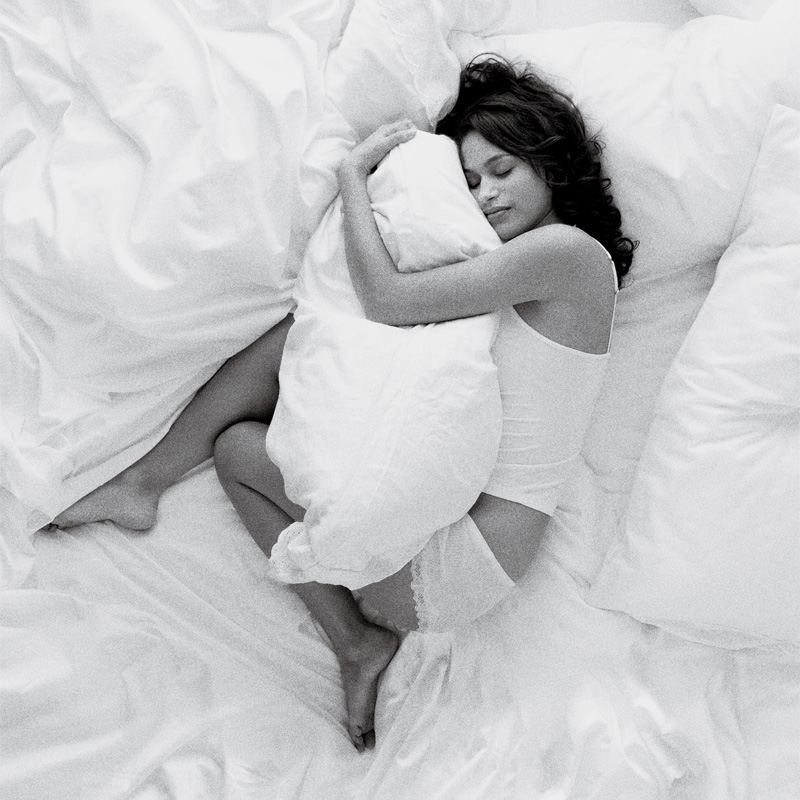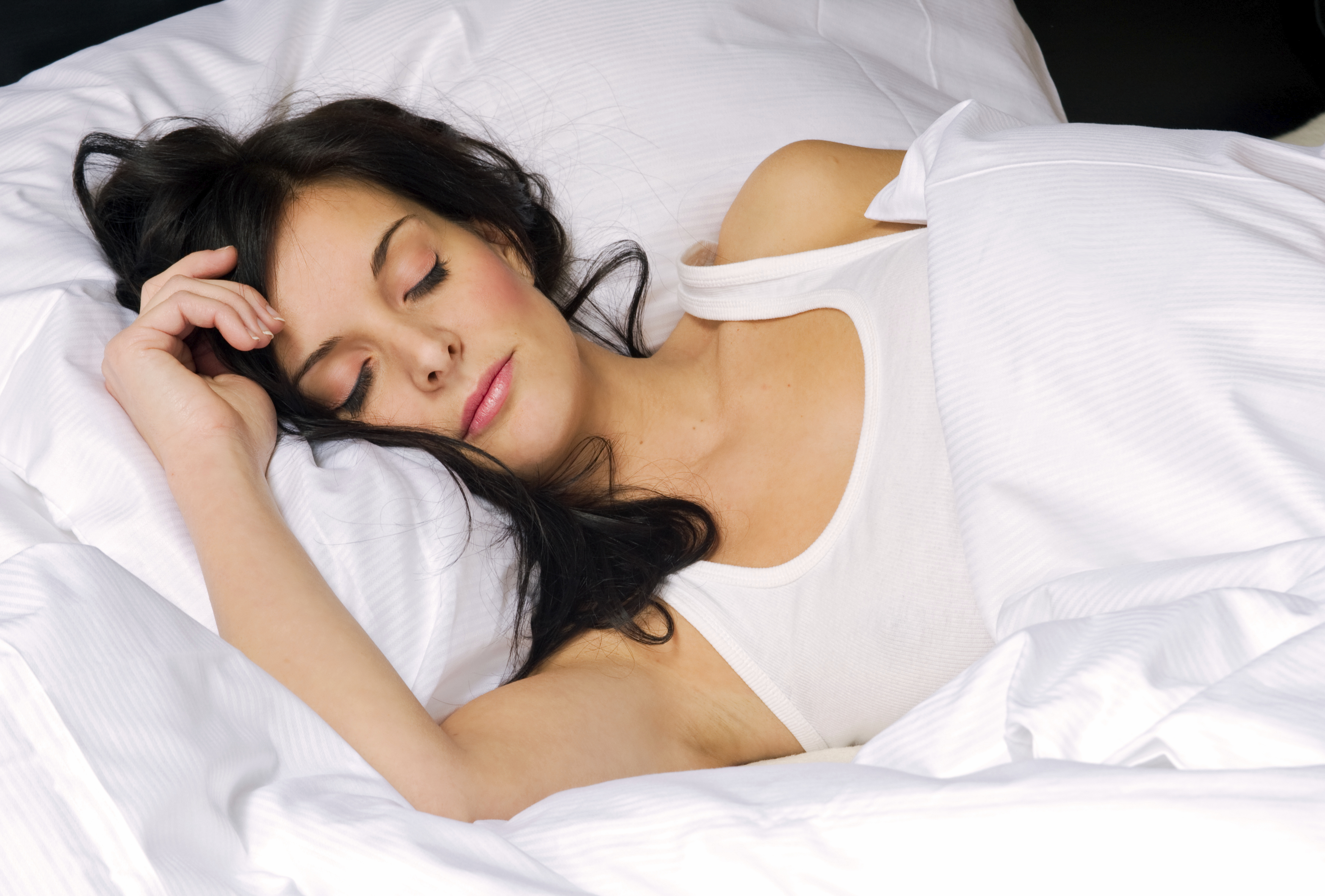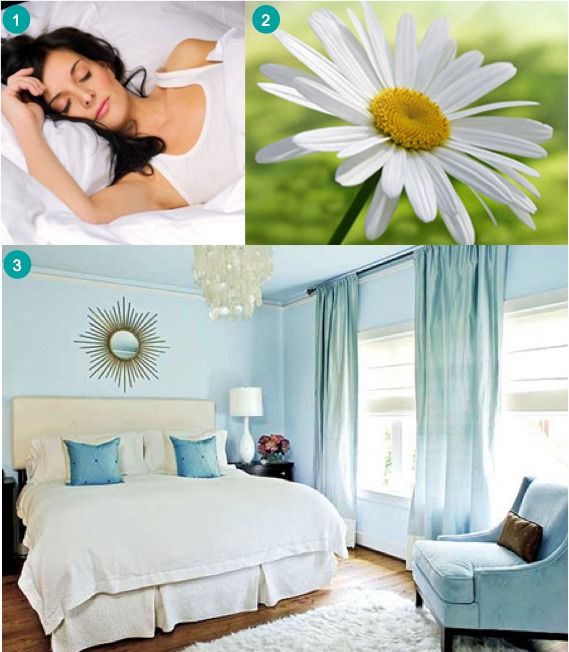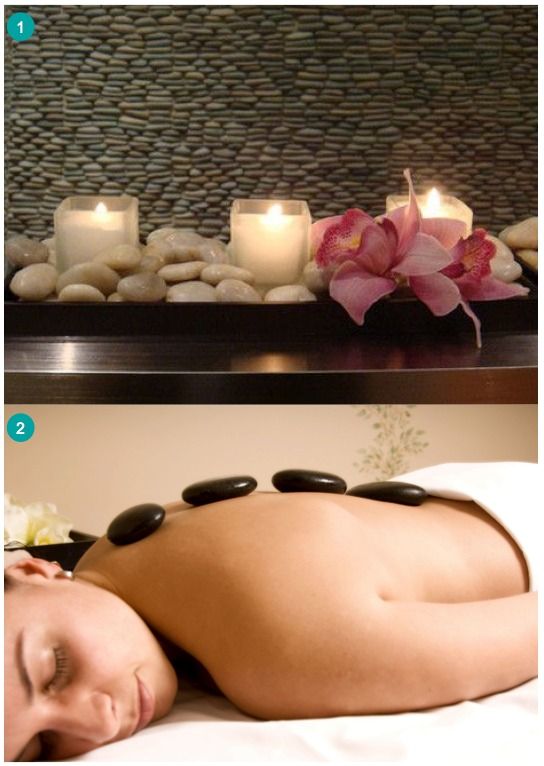What’s My Secret Weapon For a Good Night’s Sleep?
Posted by Judy Moon
Magnesium oil. That’s right, magnesium oil.
First of all, I feel that sleep is underrated. I think we don’t really put enough emphasis on getting enough sleep, and the health benefits of good, quality, restful, restorative sleep. Webmd explains nine reasons to sleep more.
I personally don’t have a problem falling asleep, it’s staying asleep that was my problem. There are lots of reasons why this can happen for people.
So I have made going to bed a real ritual.
Herbal tea, no electronic screens after nine, my bedroom is a sleep sanctuary – no TV etc., I do my best to go to bed at the same time every night, I turn the lights in my home down in the evening and start sending the message to my brain – “hey, we’re going to sleep soon”, I use some lavender essential oil on my feet and at the suggestion of a health coach, I started using magnesium oil on my feet at night.
Pure magic! I now sleep like a rock.
Dr. Mark Hyman, refers to magnesium as the “relaxation mineral”, and here is a GREAT post about all of it’s benefits.
Ancient Minerals was the brand recommended to me. A drop of DoTerra lavender essential oil rubbed in to the bottom of my feet, 3 sprays of Magnesium Oil on each foot, socks, Bon Nuit!
I will warn you that the Magnesium oil is a little drying, so I make sure I am also treating my feet by exfoliating daily with a pumice and lathering them up with a rich moisturizer. I’d choose something with some rich Shea butter.
Good night, sleep tight, and don’t let the bed bugs bite!




